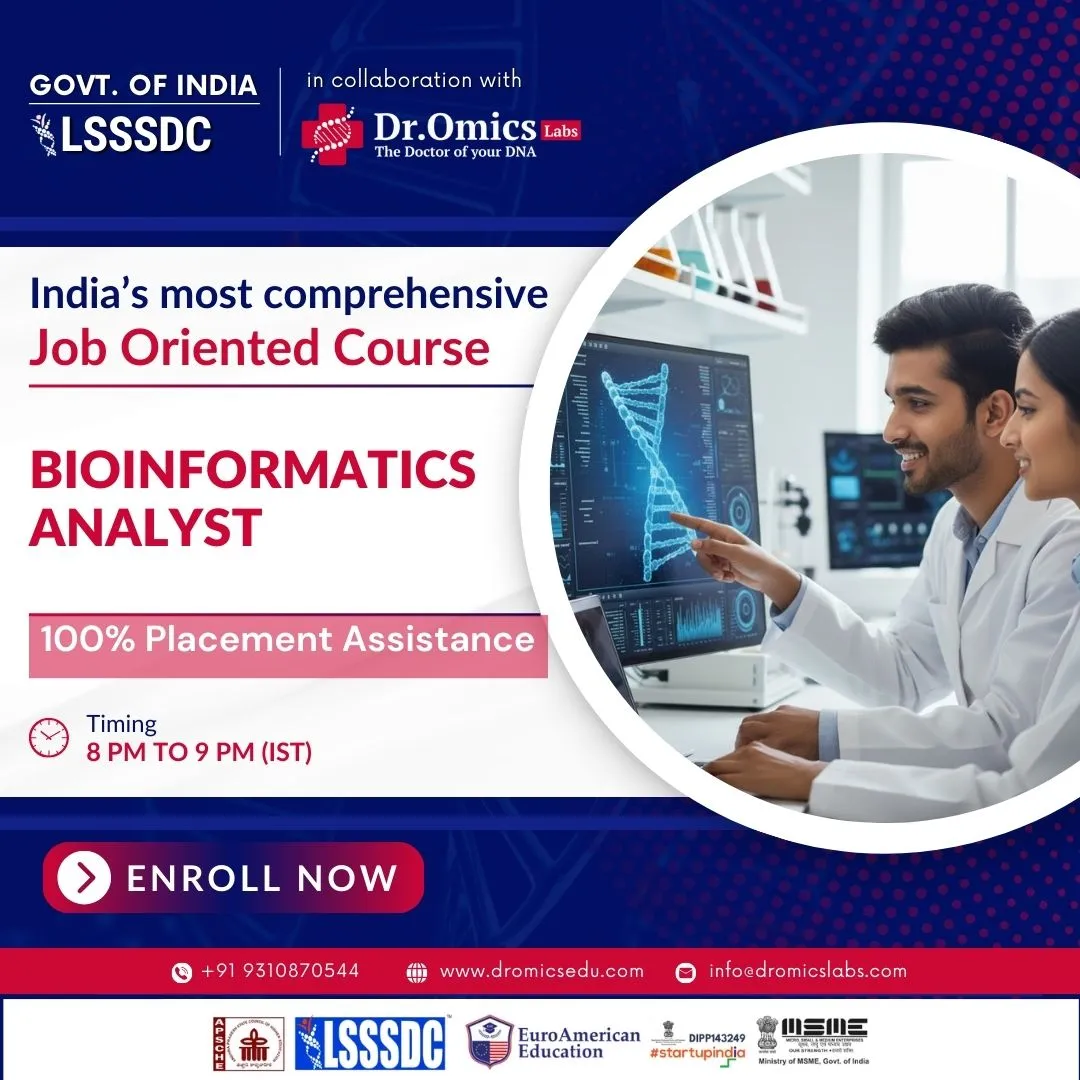Research Summary: We developed redox-responsive peptide condensates that reversibly form and dissolve to deliver DNA, mRNA, and proteins into cells with high efficiency and minimal toxicity.
Author interview

Malay Mondal is a Ph.D. candidate in Biochemistry at the University of Southern Mississippi. His research focuses on redox-controlled biomolecular condensates and peptide-based delivery systems for therapeutic applications.
Linkedin: https://www.linkedin.com/in/malay-mondal-50188512a/
Twitter: https://x.com/Malay_mandol
Lab: Dr. Vijay Rangachari, The University of Southern Mississippi, USA
Lab Website: https://www.rangacharilab.com/
Lab social media: https://x.com/RangachariL
What was the core problem you aimed to solve with this research?
Current delivery methods for biomolecules often suffer from toxicity, poor efficiency, and immunogenicity. We aimed to design a safer, tunable system for effective intracellular delivery.

How did you go about solving this problem?
We engineered phase-separating peptides forming disulfide cross-linked condensates that dissolve in the reducing cytoplasm to release cargo. HeLa cell assays validated efficient DNA, mRNA, and protein delivery
How would you explain your research outcomes (Key findings) to the non-scientific community?
Our peptide droplets act as ‘smart delivery vehicles’—carrying medicine or genes safely into cells, dissolving inside, and outperforming commercial transfection agents without harming cells.
This exceptional work from Malay has the potential to create a pipeline for a new generation of cell delivery vehicles. — Dr. Vijay Rangachari
What are the potential implications of your findings for the field and society?
The study presents a new generation of customizable, biocompatible delivery platforms for therapeutics and vaccines, potentially reducing costs and toxicity of existing systems.
What was the exciting moment during your research?
Observing live-cell confocal images confirming cargo delivery and GFP expression—proof that the condensates functioned better than commercial systems while maintaining high cell viability.
Paper reference: Mondal M., Swetman W. S., Karim S-U., Shrestha S., Davis A. M., Bai F., Huang F., Clemons T. D., & Rangachari V. (2025). Disulfide cross-linked redox-sensitive peptide condensates are efficient cell delivery vehicles of molecular cargo. Proceedings of the National Academy of Sciences (PNAS), 122(41), e2515427122. https://doi.org/10.1073/pnas.2515427122
Explore more
🎤 Career – Real career stories and job profiles of life science professionals. Discover current opportunities for students and researchers.
💼 Jobs – The latest job openings and internship alerts across academia and industry.
📢 Advertise with BioPatrika – Reach the Right Audience, Fast!
🛠️ Services – Regulatory support, patent filing assistance, and career consulting services.




